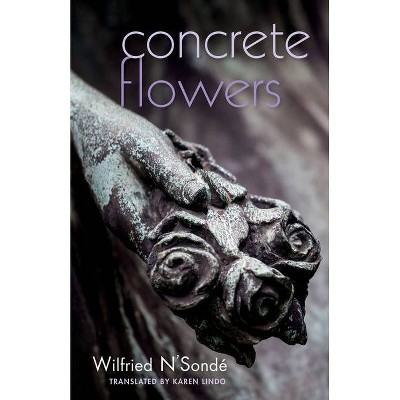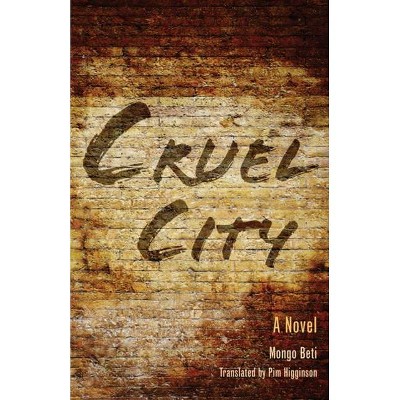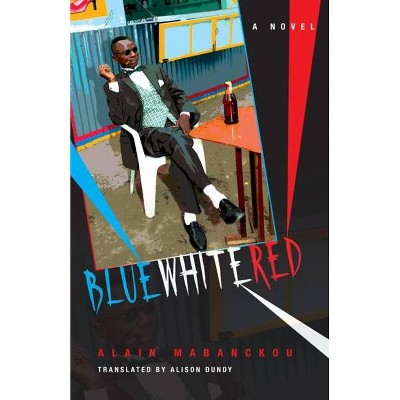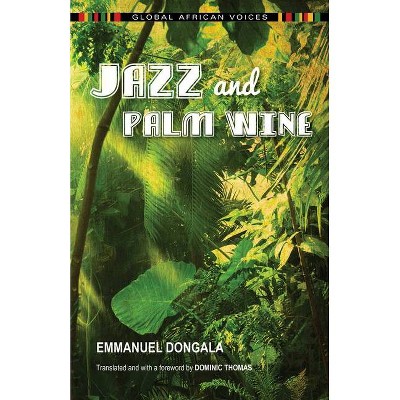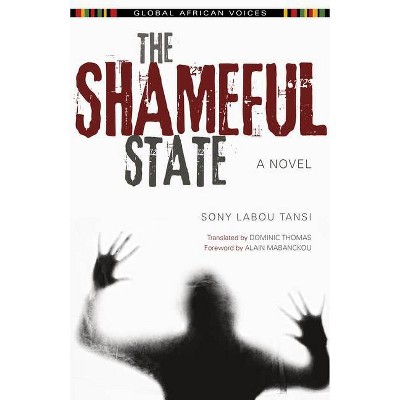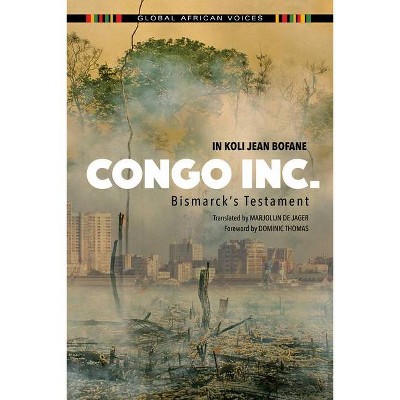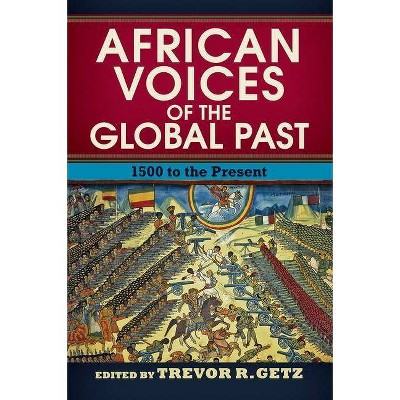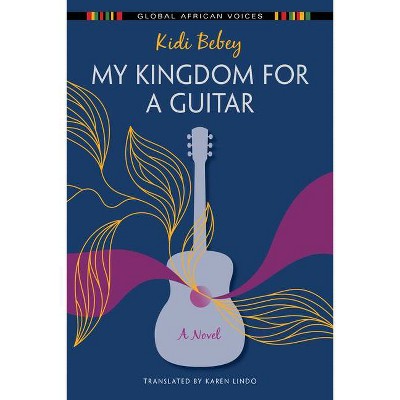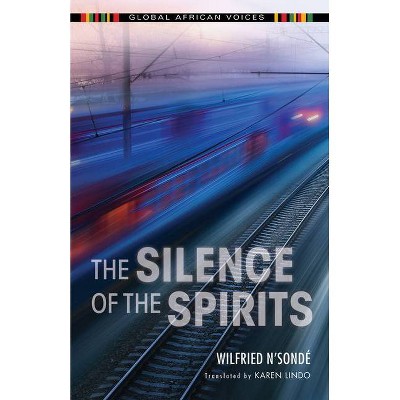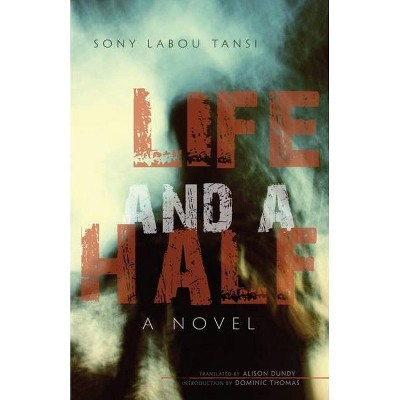Harvest of Skulls - (Global African Voices) by Abdourahman A Waberi (Paperback)
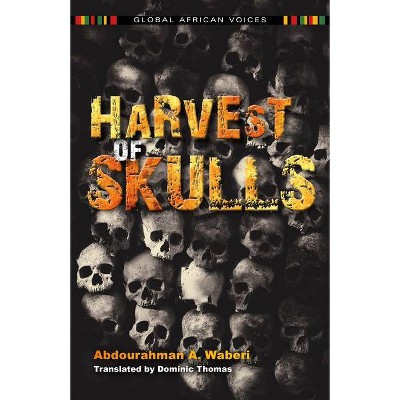
Similar Products
Products of same category from the store
AllProduct info
<p/><br></br><p><b> About the Book </b></p></br></br>" Shaped by the author's own experiences in Rwanda and by the stories shared by survivors, Harvest of Skulls stands twenty years after the genocide as an indisputable resource for discussions on testimony and witnessing, the complex relationship between victims and perpetrators, the power of the moral imagination, and how survivors can rebuild a society haunted by the ghost of its history.<p/><br></br><p><b> Book Synopsis </b></p></br></br><p>In 1994, the <i>akazu</i>, Rwandan's political elite, planned the genocidal mass slaughter of 500,000 to 1,000,000 Tutsi and Hutu who lived in the country. Given the failure of the international community to acknowledge the genocide, in 1998, ten African authors visited Rwanda in a writing initiative that was an attempt to make partial amends. In this<i> </i>multidimensional novel, Abdourahman A. Waberi claims, Language remains inadequate in accounting for the world and all its turpitudes, words can never be more than unstable crutches, staggering along . . . And yet, if we want to hold on to a glimmer of hope in the world, the only miraculous weapons we have at our disposal are these same clumsy supports. Shaped by the author's own experiences in Rwanda and by the stories shared by survivors, <i>Harvest of Skulls</i> stands twenty years after the genocide as an indisputable resource for discussions on testimony and witnessing, the complex relationship between victims and perpetrators, the power of the moral imagination, and how survivors can rebuild a society haunted by the ghost of its history.</p><p/><br></br><p><b> Review Quotes </b></p></br></br><br><p>'Harvest of Skulls' describes people's first hand experience with the Rwandan genocide through interviews that Waberi did with citizens whose family and friends were killed in the genocide. Although this read is emotionally taxing, at only 80 pages the book will help you understand what happened through the lens of personal stories.</p>-- "The GW Hatchet"<br><br><p>The novel's fractured form lends the subject matter depth and scale; while the stories are each personal and intimate, the collective pain is vast. . . . Though brief, the novel poses large questions and insinuates itself into an ongoing literary discussion about how to record the horrific acts of the genocide. From the first line, Waberi's stunning book pays testimony to his delicate dilemma: 'One almost feels like opening with an apology for the very existence of this work.'</p>-- "Publishers Weekly"<br><p/><br></br><p><b> About the Author </b></p></br></br><p>Abdourahman A. Waberi is a novelist, essayist, poet, and short-story writer. Born in Djibouti, he is Professor of French and Francophone literature at George Washington University. The author of <i>Transit</i>, <i>In the United States of Africa</i>, <i>Passage of Tears</i>, and <i>La Divine Chanson</i>, he has been awarded the Stefan-Georg-Preis, the Grand Prix Littéraire d'Afrique noire, and the Prix biennal Mandat pour la liberté. He was named one of the 50 Writers of the Future by the French literary magazine <i>Lire</i>.<br/> <br/>Dominic Thomas is Madeleine L. Letessier Professor of French and Francophone Studies at the University of California, Los Angeles.</p>
Price History
Price Archive shows prices from various stores, lets you see history and find the cheapest. There is no actual sale on the website. For all support, inquiry and suggestion messages communication@pricearchive.us
